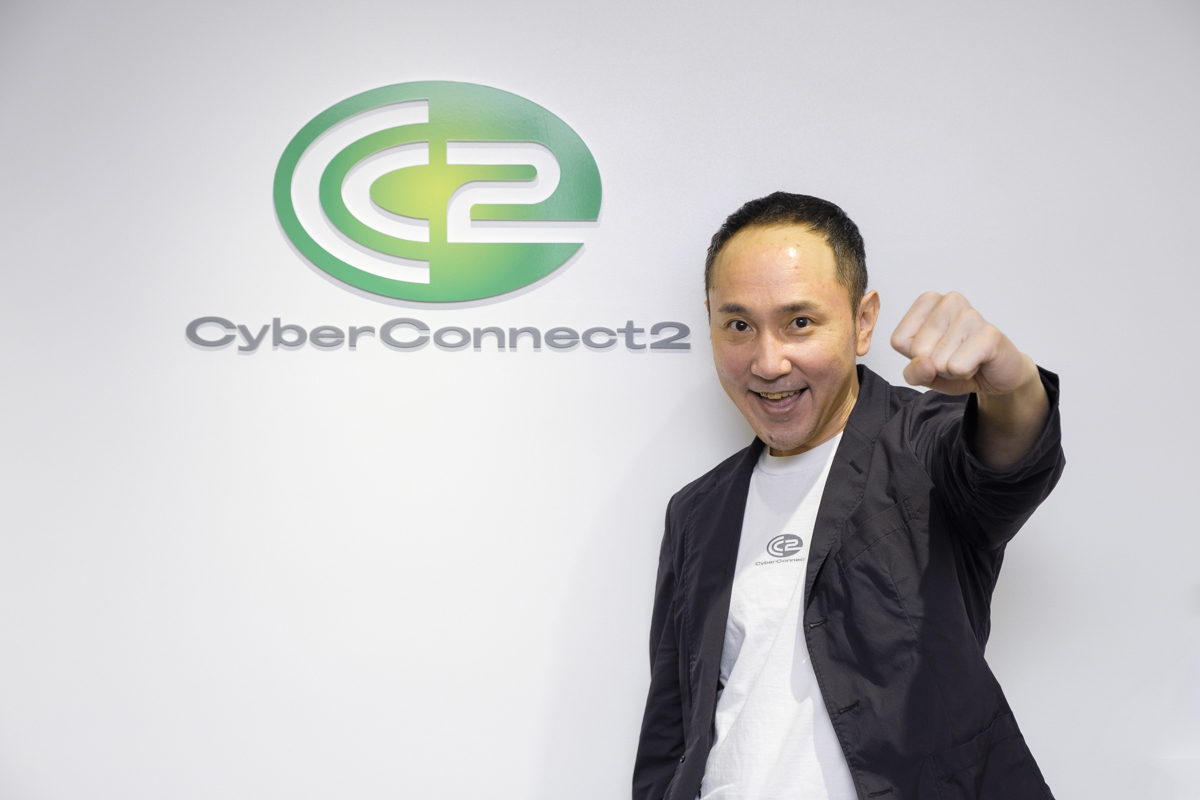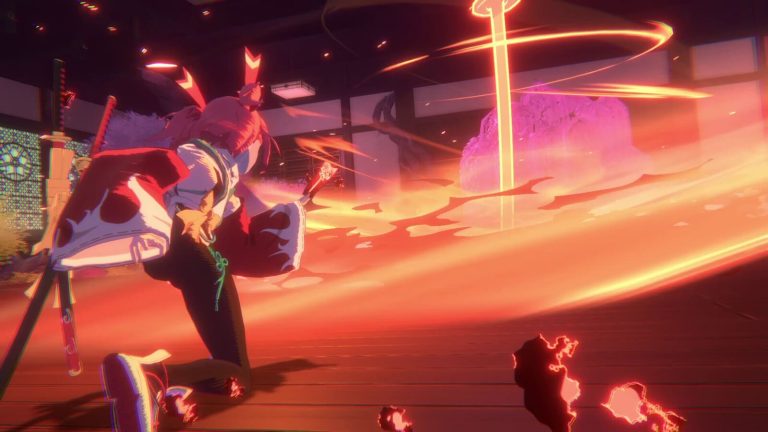Matsuyama Hiroshi, CEO of the Japanese game development studio CyberConnect2, has recently come under fire on social media for a Twitter thread in which he expresses his opinions on the topic of students enrolled in game development-related studies not owning and using enough of a variety of game consoles. Many Japanese users found the tone of the thread harsh and assuming, causing an onslaught of negative reactions.
Matsuyama’s company CyberConnect2 is the studio behind games such as the .hack series, the Naruto: Ultimate Ninja series, the Demon Slayer and JoJo’s Bizarre Adventure fighting games and others. On June 28, Matsuyama posted a series of tweets which were prompted by his observation that many students aiming to enter the game industry do not own all the latest game consoles which are (in Matsuyama’s opinion) needed to prepare for a career in game development.
Switch=90%
Mobile=100%
PS4=70%
PS5=10%
Xbox=1%
When I see these kinds of answers, I realize that they have not done the bare minimum of preparation to pursue a career in the game industry.
After working hard to apply for a job at a game company and getting employed, if you get assigned to a team developing games for next-generation consoles, do you plan to tell them something like, “I’m going to learn from now on”?
You can’t make state-of-the-art game software if you aren’t familiar with the latest technology and platform services available. Why do you assume that things will be fine even if you don’t?
Matsuyama offers the overview of game console use he has observed in students during the lectures he has given at various academies throughout Japan, and asserts that this kind of ratio implies the lack of a bare minimum of preparation by students. He presents the argument that those who do not possess knowledge of consoles cannot work on developing state-of-the-art games. Matsuyama also expresses his disapproval of those who think that using Steam is enough to replace owning dedicated game consoles.
Oh, and one more important piece of data.
It’s about Steam.
Based on my survey, the percentage of students using Steam is as follows.
Steam=80%
These students might be thinking, “I don’t have to go out of my way to buy a specific gaming console, this is good enough!
So, when do you plan to play FFXVI? You’re going to take your time playing it after a Steam version is released?
Mm-hmm, I see.
Matsuyama concludes his argument by saying that those who are not quick to take the initiative are not adequate human resources for the ”forefront” of the game industry. He ends things on a motivational note quoting the character Fukamichi from the Japanese manga Air Master.
“Huh? I work hard at a game company and I don’t have a PS5?”
For those of you who think like this, feel free to live your life as it is.
To those aiming to enter the game industry – be on your guard and be prepared, because accumulating experiences one by one is the only way to increase your chances.
“You should do everything you can do and pull out all the daggers from within yourself.” (by Fukamichi)
The thread has since been viewed over 10 million times and quoted almost 3 thousand times, with reactions from users being substantially mixed. Matsuyama’s statements were criticized from different points of view.
Many users found the requirement put forward by Matsuyama unfair and unrealistic from a financial aspect, as students can hardly be expected to have enough income to own a big number of consoles and continuously buy newly released games. One user even mentioned that the average annual income of people working in CyberConnect2 itself does not leave a lot of room for pursuing new titles.
Others took issue with Matsuyama’s opinions on video game hardware, criticizing his fixation on dedicated game consoles and failure to acknowledge the recent dominance of PC and mobile gaming in Japan.
On the other hand, there were users who completely agreed with Matsuyama’s sentiments, urging others to heed the advice, but even among those who agreed with the content of the thread, most found that the tone and words used were much too harsh and discouraging.
In response to the outcry of the public, Matsuyama published an article later that day to explain his perspective, titled “The mechanism of not being able to read what is written.” However, as the article is paywalled and no more than a simple intro can be accessed for free, this act has caused further unfavorable reactions, with many poking fun at the irony of an article with such a title being paywalled.





